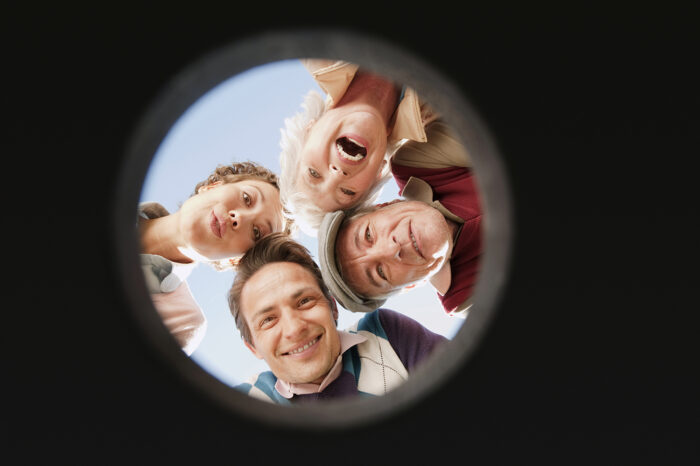Irish golf industry “optimistic” for strong season
An Irish golf industry spokesman has said the pandemic participation boom of the last three years mixed with economic inflation has resulted in a state of “cautious optimism” for 2023.
Ireland saw an astonishing 55 percent growth in members from the start of the pandemic in early 2020 to the end of 2021, and only a two percent drop in 2022, a year that still saw record high levels of participation.
Alex Saul, the chief commercial officer of golf services provider to golf courses in Ireland, Carr Golf, expects the average number of rounds per golf club to drop in 2023 from 2022’s levels, but, with the golfing season starting soon, he told the Irish Examiner that the industry remains in a strong place.
“I think as an industry we have to enter 2023 with cautious optimism,” Saul said. “We come into 2023 in a hugely beneficial position as an industry. We’ve had a lot of newcomers into our game over the last two years and the numbers are still incredibly high. Ireland as a golfing destination is still at the very, very top of the tree.
“We have a road map ahead of us that includes the Open Championship in Portrush in 2025 and the Ryder Cup in Adare in 2027. These are hugely advantageous things for the industry and that’s why I say we have to enter with optimism, that we’re in a place where we can continue to harness all of these benefits and advantages.”
Saul added that, at the moment, inflation is the biggest concern to golf clubs.
“The caution is brought about by the macro challenges in what’s happening across the wider economy. So it’s being optimistic but prudent how we go about setting our business plans, having a clear strategy and continuing to deliver a quality product,” he said.
“The indications [for member renewals] are quite strong but I know from talking to colleagues and friends across the industry, there’s definitely nervousness amongst operators and clubs as to will we see a tail-off?

“In an ideal world the conversation should be flipping and has flipped from a Golf Ireland perspective and from an operators’ perspective to ‘how do we add more value to members, to all these people that came into the game in order to retain them’.
“Sitting against that you’ve got all these inflationary pressures and as a golf club operator or a committee you’re faced with the inevitable price increases. If diesel is increasing, if fertiliser’s increasing, if sand costs and machinery, not to mention in the clubhouse, food costs, labour costs, gas and electricity, then you’ve got a choice. We can either maintain last year’s budget and drop standards or in order to maintain the standards we had last year we’re going to have to increase prices.
“And increasing prices in a scenario of potentially weakening consumer or golfer demand, that’s an interesting tension I think, that’s going to play out over the next few months.”
He also warned golf clubs to learn the lesson from the 2008 financial crisis, which resulted in a number of clubs under-investing in their venues, which resulted for many of them in a drop in members, which led to some ultimately closing down.
“The hope here is that the industry learned from the last time that we experienced these macroeconomic pressures. Coming out of the 2008 global financial crisis there was a race to the bottom. Golf clubs tried to hold their position through slashing prices and trying to increase their market share from other venues,” he stated.
“That is catastrophic for the industry because qualities decline, revenues decline and ultimately you end up in a place where the product is undervalued by the consumer on the whole and it is very hard to get that back.
“It’s taken the industry in Ireland these 10 to 15 years to build that value of position back up. So our view is you have to invest in your golf course.”















Investing the ‘resurgent funds’ wisely is at a critical phase. For me I think investment is needed on the course re fairways, paths, bunkers etc not new patios or lockers etc to ensure those playing members get quality out on the course first and foremost. I don’t think that’s the case for many which could backfire. Not much use having a refurbished restaurant area if there’s no members to use it!
I’d agree ! Being an optimist is good, being an optimist “rooted” in reality is better. The cost and length of time to play a round, is still a big problem. Many who took up the game during covid are reassessing and reconsidering. If a recession comes down the pike, we could see them, leave their clubs and the game. I do not believe a recession is imminent !